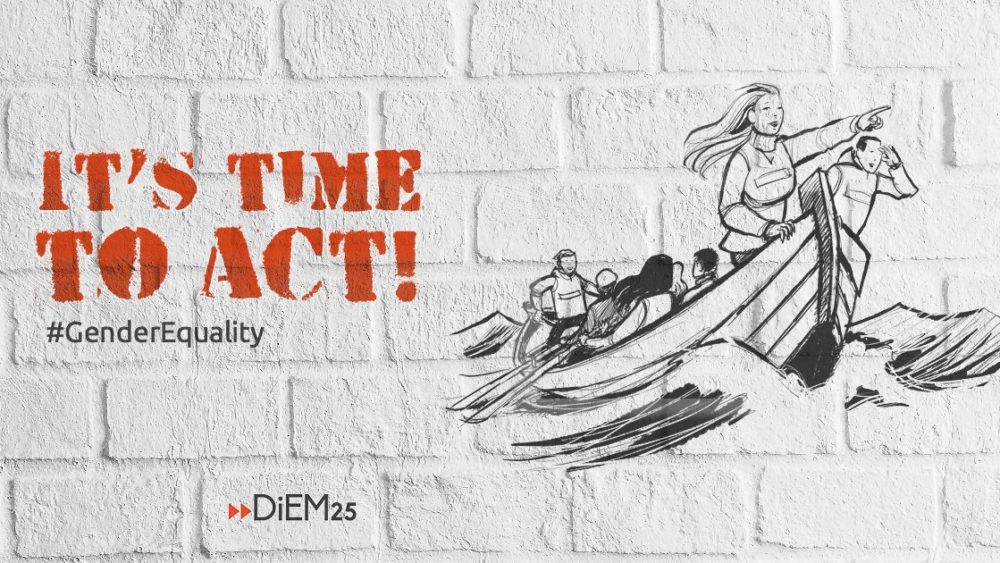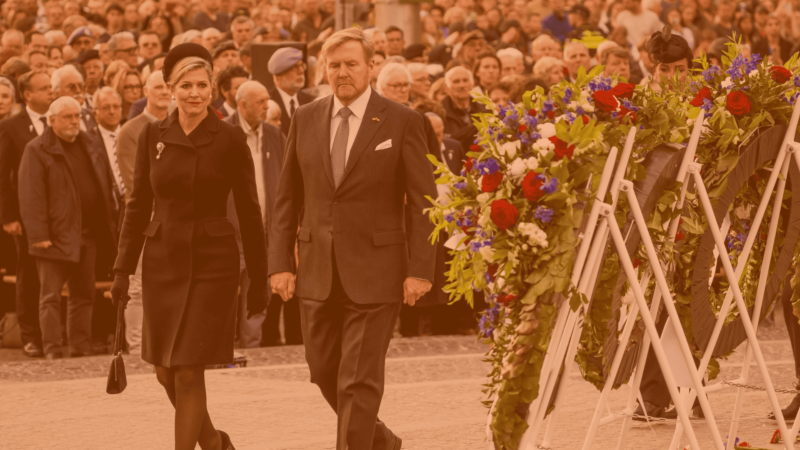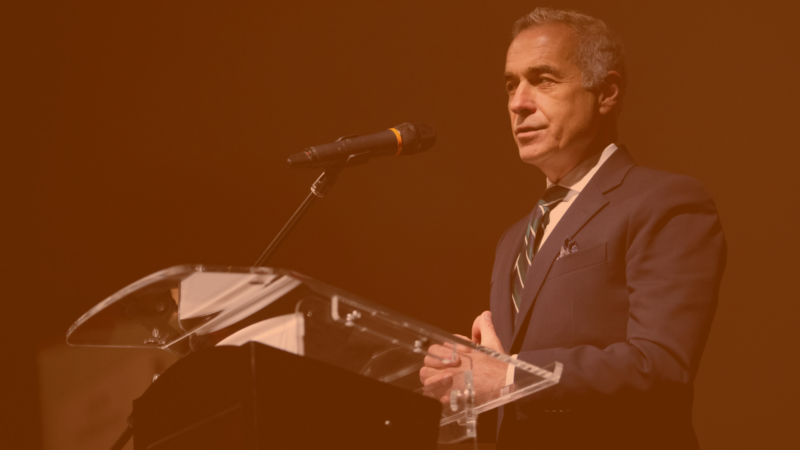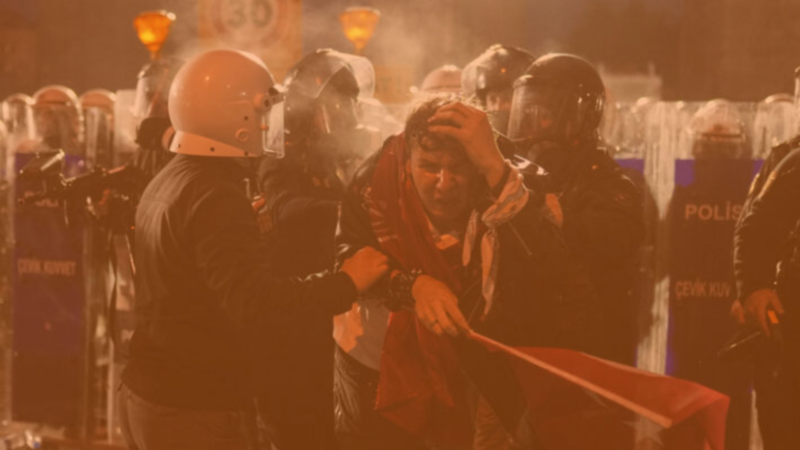I am a woman before I am an activist, I am a woman before I am an intellectual. I was a woman even when my body was not yet the developed body of a woman, I will still be a woman when my body will age.
A woman, raised by women-descendant of a genealogical tree deprived of fathers due to wars and poverty – that has always thought of herself essentially as a woman. I owe to my female ancestors the awareness that women bring a dowry of sacred respect for the earth and its inhabitants, a dowry of the art of looking after oneself and others, and, without being in contradiction, they have an aggressive instinctual drift to protect as well as the capacity to live independent of the laws set by men.
Anchored in the nucleus of this primitive force, happily aware of its power, I entered the polis at a very young age.
I have always instinctively realized that within the walls of the polis, the logos, the codes and the dominant values were inherently masculine. However, I never cared too much: the polis was beautiful, my companions were beautiful and I was happy to live there with them.
Looking back however, I do have one single regret: I camouflaged myself, and my femininity, for many years.
Like all my sisters, I have always been instinctively aware of the fact that men, the masters of the city, would not have tolerated that the conditions of my femininity came upon their streets, their squares, took place between their words and their speeches.
Femininity meaning that awareness and acceptance of the fact that life consists of matter, that life has an obscure power, and that the logos does not dominate it. I acquired this awareness as empiric evidence when I give birth to my children, when I shared the last moments with deceased loved ones, when I take care of my animals and my plants. I designate this, without too much originality, as archetypically “feminine”, as a symbolic opposition to masculine culture.
The masculine culture, especially the European masculine culture that created the polis, sprung out from the explicit or implicit intention of not only denying, but also challenging, the finiteness, the ignorance and the impotence of the human condition. This is the reason of being of the polis: to allow a group of men to define their domination of nature (of the earth), their domination of knowledge, their domination of power. Enclosed in the walls of their cities, men do not see what escapes to the control of their cities; enclosed in the walls of their cities, men can ignore the limits of their human nature. Most often, these limits are projected onto the females of their species, whom they tend therefore to vilify, offend, ridicule, reduce to silence, rape, segregate, and sometimes ban from the city.
Like any woman that is aware of the rare privilege of having even a limited access to the polis, I have been for years ashamed, or maybe scared, of bringing within the walls of the polis the strength of my femininity.
I now realize what a shame that is, and how important it is to remedy it.
The polis needs the feminine, at least as much as the feminine needs the polis. Mainly for two reasons: first of all, the power of feminine instinct is an indispensable source of individual and collective freedom; secondly, the strength of feminine instinct, even if developed beyond the walls of the polis, carries within itself the premises of a solid government of the common well being.
Women who live coherently with their instinctive nature can recognize and accept the intrinsic limits of their existence, their knowledge, their power, and that of others. They live with less hybris than what men do, but above all, they know how to refuse any imposition of authority when defining what can or can’t be done, said or not said, thought or not thought, what is possible and what it is not. It is with high admiration and enjoyment that I see, as an example, the actions carried out by our Femen friends, which perpetuate the ancient ritual of anasyrma. In those contexts, the wild feminine nudity bursts into the business as usual of the institutions, imposing without reverence the unexpected and, along with it, a radical affirmation of the freedom to be and to express what one is.
Women who live consistently with their instinctive nature understand the value of taking care of themselves, of others and of the earth. They know that the very essence of a community is defined by physical proximity, which allows individuals to protect themselves, to support themselves, and to occupy, without any fences or exclusions, a territory. We owe to eco-feminism, which is increasing its strength and transnationality in recent years, an explanation of the conceptual connection between the domination of nature and the exploitation of women. We also owe to it a reaction that leads to the creation of a number of government experiences guided by the principle of care of the common goods rather than by the administration of (private or state) property.
The feminism developed in recent years relates the legitimate claim of women’s full citizenship within the polis with a more symbolic – but not less profound – demand of full citizenship of femininity in politics. When this value will be brought proudly, shamelessly and without guilt by the women in the polis, when men will learn to not fear it and make room for it, then our cities will have, yes perhaps more porous walls, but also more solid foundations. They will be less dependent on the capricious artificiality of institutions, and more resilient in times of crisis: being able to face with wisdom and patience the hard times that transition are, without the paralyzing risk of confusing these moments with a termination stage.
Linguist
Member of DiEM25’s Coordinating Collective
Do you want to be informed of DiEM25's actions? Sign up here















